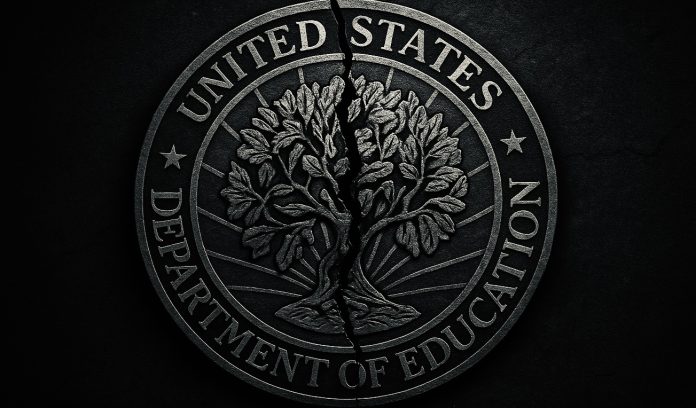Detroit, MI – Automotive technology programs nationwide are preparing for major changes to federal financial aid rules set to take effect in 2026. Because many automotive technician pathways operate as clock-hour certificate programs—often through private trade schools—they fall squarely within the sectors most impacted by updated federal performance and eligibility standards.
According to federal guidance, auto tech programs that are unaccredited, non-credit, or fewer than 150 instructional hours cannot receive Title IV funding. Programs between 150 and 600 hours must now meet Workforce Pell requirements, which mandate a 70% completion rate, 70% job placement rate, and program tuition that does not exceed graduates’ value-added earnings from previous cohorts.
Beginning July 1, 2026, automotive programs are subject to the federal “low earnings outcomes” test. Under this rule, a program loses federal Direct Loan eligibility if graduates earn the same or less than local workers with only a high school diploma for two out of three measured years. Entry-level auto technicians in some regions start at wages close to this benchmark, placing certain programs—particularly in lower-wage markets—at higher risk.
Industry leaders warn the changes may restrict access to hands-on technical training at a time when demand for skilled mechanics is growing.





